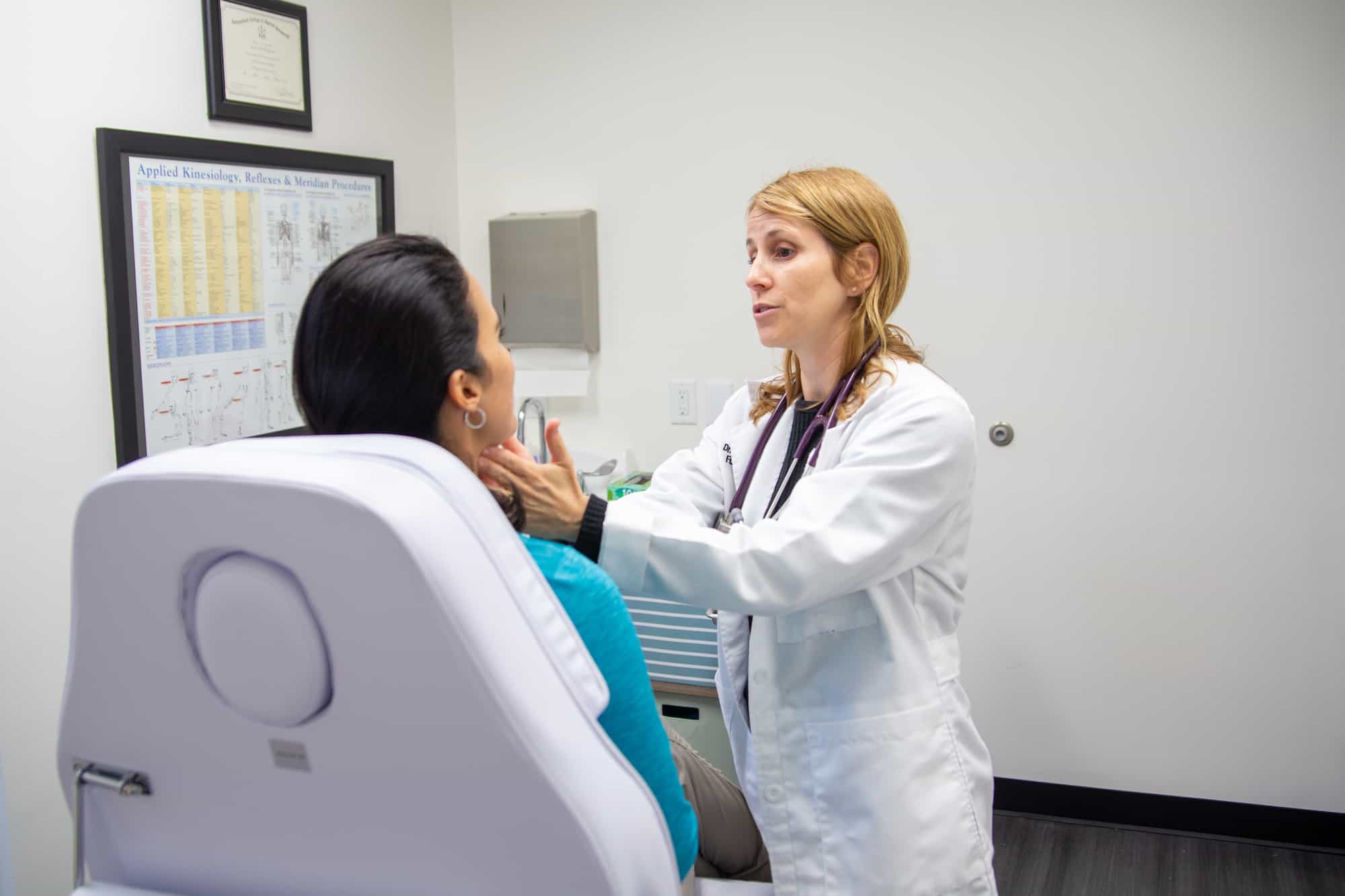
Autoimmune Disorders
Autoimmune Disorders
Autoimmune disorders represent a diverse group of conditions in which the immune system mistakenly attacks the body’s own tissues, leading to a wide range of symptoms and health problems. These disorders, which include rheumatoid arthritis, lupus, multiple sclerosis, and celiac disease, can be challenging to manage, and conventional medicine often focuses on symptom control through immunosuppressive drugs. However, functional medicine offers a holistic and personalized approach to addressing autoimmune disorders by investigating their root causes and promoting optimal immune system function.
Understanding Autoimmune Disorders
Autoimmune disorders occur when the immune system, which is designed to protect the body from pathogens, mistakenly targets healthy cells and tissues. This abnormal immune response can lead to inflammation, tissue damage, and a host of symptoms that vary depending on the specific autoimmune condition. Genetics, environmental factors, and lifestyle all play a role in the development and progression of these disorders.
Traditional vs. Functional Medicine Approach
Conventional medicine typically treats autoimmune disorders by managing symptoms with medications such as corticosteroids, immunosuppressants, and non-steroidal anti-inflammatory drugs (NSAIDs). While these drugs can provide relief, they do not address the underlying causes of autoimmune diseases and may have side effects. Functional medicine, in contrast, seeks to uncover the root causes and triggers of autoimmune disorders and employs a multifaceted approach to restore balance and alleviate symptoms.
Strategies for Autoimmune Disorders
Comprehensive Assessment
Dr. Washatka conducts thorough assessments to understand each patient’s unique genetic and environmental factors that may contribute to autoimmune dysfunction. This includes evaluating family history, lifestyle, dietary habits, and potential exposure to toxins.
Hormone Balance
Hormonal imbalances can exacerbate autoimmune symptoms. Dr. Washatka may evaluate and address hormonal disruptions through lifestyle modifications, nutritional support, and hormone replacement therapy when necessary.
Individualized Treatment Plans
We recognize that each patient is unique, and treatment plans are tailored to address the specific triggers and imbalances underlying their autoimmune condition.
Nutritional Support
Diet plays a crucial role in autoimmune disorders. Dr. Washatka emphasizes the importance of an anti-inflammatory diet rich in whole foods, antioxidants, and omega-3 fatty acids. Nutritional deficiencies are addressed through targeted supplementation.
Stress Reduction
Chronic stress can exacerbate autoimmune conditions by affecting immune function and promoting inflammation. Stress management techniques, including mindfulness, meditation, and relaxation exercises, are an integral part of functional medicine approaches.
Gut Health
There is a strong link between gut health and autoimmune disorders. Dysbiosis in the gut microbiome can lead to increased intestinal permeability (leaky gut) and contribute to autoimmune responses. We aim to restore gut health through probiotics, prebiotics, and dietary modifications.
Detoxification
Reducing exposure to environmental toxins and supporting the body’s natural detoxification pathways can be crucial in managing autoimmune disorders.
Contact Our Office!
Autoimmune disorders can be debilitating and challenging to manage, but Dr. Washatka offers an approach to understanding and addressing the root causes of these conditions. By conducting comprehensive assessments, emphasizing nutritional support, addressing gut health, and considering factors such as hormonal balance, stress reduction, and detoxification, our goal is to address the root causes of our patients autoimmune flares and focus on treatment as well as symptom management. If you or someone you know is struggling with an autoimmune disorder, consulting our office, we may provide a path to improved health and well-being
Send all further questions to contact@drwashatka.com.



